Press Release
Innovations and Investments: The Middle East’s Modern Economic Strategy
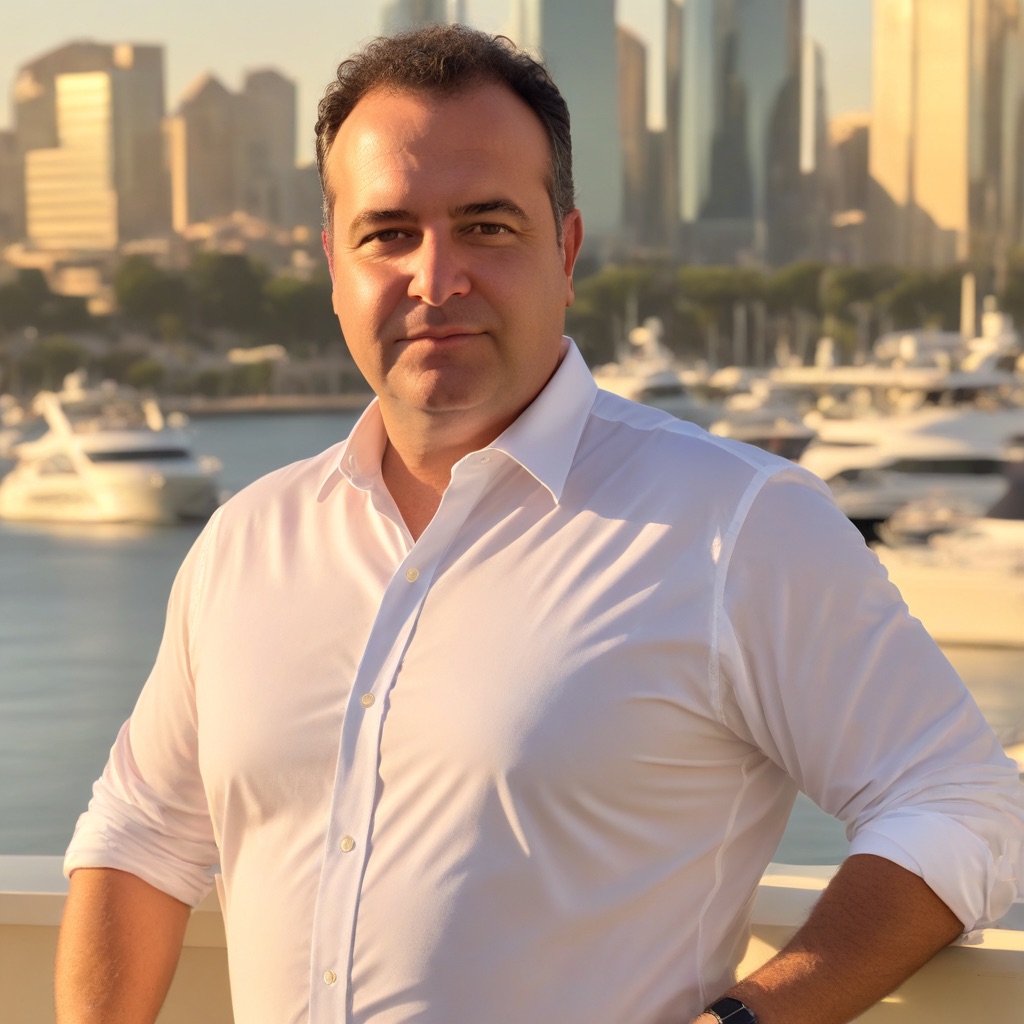
Introduction: Economic Transformation in the Middle East
The Middle East is going through an economic revolution. It is now a rapidly transformed region: the traditional is replaced by the creative spectrum of industries and services. Industry is considered anything from technology, finance, and tourism.
More than that, rather than substituting items in their used form, it is about creating a new, diversified economic framework to foster optimal growth while providing a level of protection against the vagaries of a volatile global economy.
This introduction highlighted a transition in the area, and I would recommend looking at which countries impacted the change to a more considerable extent in the next.
It is an exceptional time for the Middle East, with every country implementing a policy attractive to the economy.
Foreign Direct Investment Trends
Most likely, the Middle East region is the perfect example of a region reshaping its economic layout on the basis of the readiness to attract foreign direct investments. It can be explained by the fact that as a source of the latest innovation trends, technology startups, real estate, and a renewable energy hope, countries of this region, including the UAE and Saudi Arabia, may reshape their economic layouts on the basis of pragmatic economic policy and thus attract the most affluent international investors.
Nevertheless, it seems reasonable to claim that investments from abroad are not merely represented by money but also a platform to disseminate the newest technology, develop international cooperation, and, in turn, provide opportunities for skill development. To some extent, investments from abroad create the network of economic links that drive growth and innovations.
More to the point, this region, as well as the countries, does not rebuild its economic layout but rather enters the global economic one. Therefore, the region is the ideal example of how old-style economies may be turned into the new innovation centers.
Role of Education in Economic Growth
Education is the linchpin of the Middle East’s bold economic reform agenda. Fully cognizant of the fact that a skillful labor force is necessary to maintain economic growth, the governments of the region are pumping money into higher education, with a particular focus on fields like STEM. The reasons for it are straightforward.
These investments are informing the Middle East’s economic objectives – they are intended to enable the emergence of a professional class that will drive and sustain a diversified economy. From new innovative research and development facilities to collaborations with world-renowned universities, the Middle East is building an education ecosystem that will transport it to a new era of technological and economic transformation.
Healthcare Sector Expansion
Across the Middle East, the healthcare sector is booming on the back of rising domestic demand and strategic visions to establish the region as a global healthcare destination. To boost the hospital bed capacity, develop state-of-the-art medical research facilities, and collaborate with the best healthcare service providers worldwide, large sums of money are invested in these plans.
This surge is about more than simply providing healthcare. It is also transforming the region into a global healthcare destination, welcoming patients from all over who are looking for comprehensive care and top-tier quality.
It is also a strategy to enhance residents’ quality of life and fuel regional economic diversification initiatives, generating employment and diversifying the pharmaceuticals and medical equipment industries.
Middle Eastern Startups on the Global Stage
The middle East start-up is booming and growing, with the increase of start-ups gain its reputation all over the world, particularly in the fintech and e-commerce industries. Not only invent, but they also raise huge amounts of money and create jobs, one of the most important players in global innovation.
It will focus on the work of the local workforce, as well as comparative processes and outside the workplace used to grow and compete on a global scale.
These successes prove the increasing importance and power of the Middle East as a successful center of innovation and one of the main driving factors of the revival of the region’s economy.
Economic Impact of Hosting Global Events
From an economic perspective, the strategy of the Middle East to hold massive events of global concern, including World Expo 2020 in Dubai, and plans to hold FIFA World Cup 2022 in Qatar, has been quite successful. It is not only an opportunity to show how hospitable and culturally rich the region is but also an incredible crunch from the economic activities that go on.
Whether it is about hundreds of billions in new infrastructure or millions of tourists, these initiatives are extremely beneficial, mainly for the entire region. In fact, apart from creating an incredible image for the region abroad, the events provide an excellent opportunity to promote the region’s brand globally, invite more foreign investment and, in turn, become a growth driver.
In the end, I can observe that critical activity in terms of the outcome – the region benefits not only from a few additional tourism receipts or jobs but also from long-term gains as international prestige and the quality of infrastructure largely improve, thereby creating additional development effects.
Green Economy Initiatives
One of the main pillars of the Middle East’s sustainable development agenda is green economy projects. The region realized the importance of reducing its carbon footprint and the unsustainability of oil and gas dependence hence ploughing in massive investment in solar energy plants, green buildings and what have you.
Green projects in the Middle East are not a question of being anything near environmentally conscious but rather the region’s economic diversification strategy. For instance, The UAE’s Mohammad bin Rashid Al Maktoum Solar Park is a true demonstration of the extent of the green projects; when implemented, it will be the world’s largest single-site solar park project based on the independent power producer model.
Apart from such projects being the way to go in fighting global warming and climate change, they are instrumental in establishing industries and employment opportunity and making the Middle East the home to renewable energy technologies of the future.
Infrastructure Development
Middle East infrastructure development is more than just roadways and bridges; it is how commerce and connectivity capillaries are to be organized to buttress bold economic aspiration.
Saudi Arabia’s Riyadh Metro and waterfront expansion of Jebel Ali Port are all strategic commitments. The former, part of Riyadh’s Vision 2030, is expected to ease the capital’s heavy traffic and hopefully improve the overall quality of life.
The Jebel Ali Port expansion is expected to enhance Dubai’s role as a crossroads between the Eastern and Western hemispheres, strengthening trade connections. Their significance lies not just in increasing economic efficiency but also in painting the Middle East into the majestic artifact of logistics, without which it would not link to the planetary exchange.
Economic Policies and Reforms
Thus, even though oil had been, for far over a century now, completely dominating the region, up to three-quarters of the entire GDP’s sources would depend on it, and wealth distribution among the Arab nations was based on oil-produced money, the recent economic policies and reforming attempts displayed an active trend towards diversification and sustainability.
Probably the most powerful evidence regarding the question is provided by Saudi Arabia’s Vision 2030, as well as Bahrain’s Economic Vision 2030. The specific priorities and the emphasis on peculiar criteria and means are different in the two cases, but the overall agenda and the direction of the focus areas are assured.
These are, increasingly, striving to find alternative sources of revenue apart from oil, enhance the effectiveness and performance of the public sector, and make sure there are basic conditions for private companies to appear and develop.
To be more specific, some of the aspects include developing certain public service sectors, such as health, education, entertainment, infrastructure, and tourism, while at the same time liberalizing the economy to attract more foreign direct investments.
All of this, put together, is designed not as an objective, the realization of which is necessary to stabilize the economies, but as a new reality to redesign these economies into since, in this new reality, they can hardly be as dependent on oil and much more on innovation utilized in a much more diversified pattern.
Challenges and Opportunities Ahead
All in all, the Middle East runs through the problematic but rich for opportunities path of economic transformation. This journey through a free space is full of perils, and progress can be quickly undermined by continued geopolitical conflicts and the risk of the price going up or down. Still, there are multiple opportunities at hand.
The revolution in the digital sphere makes it possible to jump over countless iterations of partially effective technology and enter the fourth industrial revolution directly. Easing trade delivers an economic revenue source in the form of export, and bold projects like the city of the future of Saudi Arabia NEOM 12 create a picture of a truly unbound future.
At the same time, it takes intelligent and careful governance, a long-term outlook, and a relentless economic model to juggle between those risks and opportunities.

-
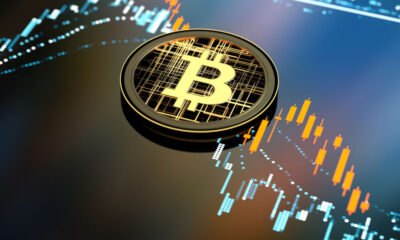
 Press Release4 years ago
Press Release4 years ago5 best crypto exchanges of 2022
-

 Press Release5 years ago
Press Release5 years agoBlockchain Applications made Simpler with Dappatoz
-
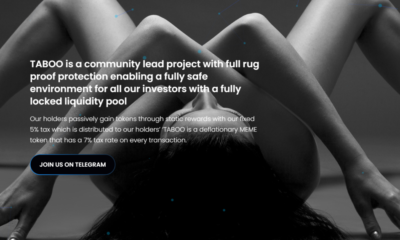
 Press Release5 years ago
Press Release5 years agoMeet TABOO, the unique token that gives reward for every transaction
-
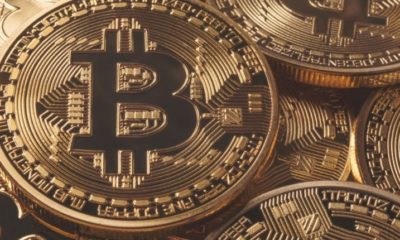
 Bitcoin7 years ago
Bitcoin7 years agoBitcoin’s Gravity: How Idea-value Feedback Loops Are Pulling People in
-

 Press Release5 years ago
Press Release5 years agoCloud Mining: How Multimine is Making Crypto Mining Operation More Seamless.
-
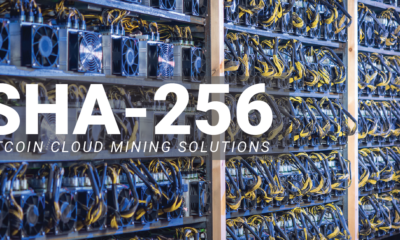
 Press Release5 years ago
Press Release5 years agoSHA-256 – The best combination of Bitcoin mining, Cloud, and affordable Hash Power
-
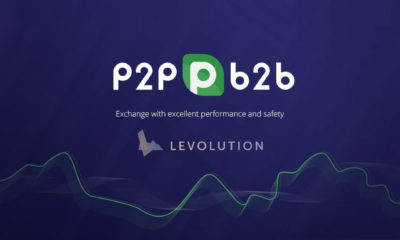
 Press Release7 years ago
Press Release7 years agoLISTING OF LEVL ON A SECOND EXCHANGE
-

 Press Release6 years ago
Press Release6 years agoEXMR FOUNDATION NETWORK “LABS OF DAPPS & PROJECTS” MORE INFO.



